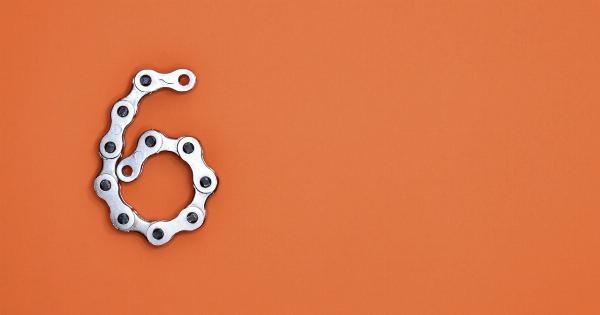Zinc is an essential mineral that plays a crucial role in various bodily functions, including metabolism, growth, and immune system health. However, many individuals suffer from zinc deficiency without even realizing it.
1. Poor Immune Function
One of the most common signs of zinc deficiency is a weakened immune system. If you frequently catch colds, flu, or other infections, it may be a telltale sign that your body lacks sufficient zinc levels.
Zinc is necessary for the proper functioning of immune cells and their ability to fight off invading pathogens.
2. Slow Wound Healing
Zinc is involved in the process of wound healing. If you notice that your cuts, scrapes, or other injuries take an unusually long time to heal, it may indicate a zinc deficiency.
Insufficient levels of zinc can delay the production of new cells required for tissue repair.
3. Hair Loss
Another telltale sign of zinc deficiency is hair loss. Adequate zinc levels are essential for hair follicle growth and maintenance. When deficient in zinc, the hair follicles become weak and fragile, leading to hair loss and thinning of the hair.
4. Skin Problems
Zinc is crucial for maintaining healthy skin. A lack of zinc can lead to various dermatological issues such as dry skin, acne, eczema, and slow wound healing. These skin problems are often indicative of an underlying zinc deficiency.
5. Loss of Appetite
One of the lesser-known signs of zinc deficiency is a loss of appetite. Zinc is involved in the regulation of the senses of taste and smell.
When deficient in zinc, individuals may experience a diminished appetite, leading to weight loss and nutritional deficiencies.
6. Cognitive Dysfunction
Zinc plays a vital role in brain function, including cognition, memory, and learning. A deficiency in zinc can result in cognitive impairment, difficulty focusing, poor memory, and slow learning.
If you face such issues, it’s worth considering the possibility of a zinc deficiency.
Conclusion
Zinc deficiency is more common than you might think, and recognizing the telltale signs is crucial for maintaining optimal health.
If you experience a combination of these symptoms, it’s worth consulting a healthcare professional for testing and potentially increasing your zinc intake through dietary changes or supplements.



























